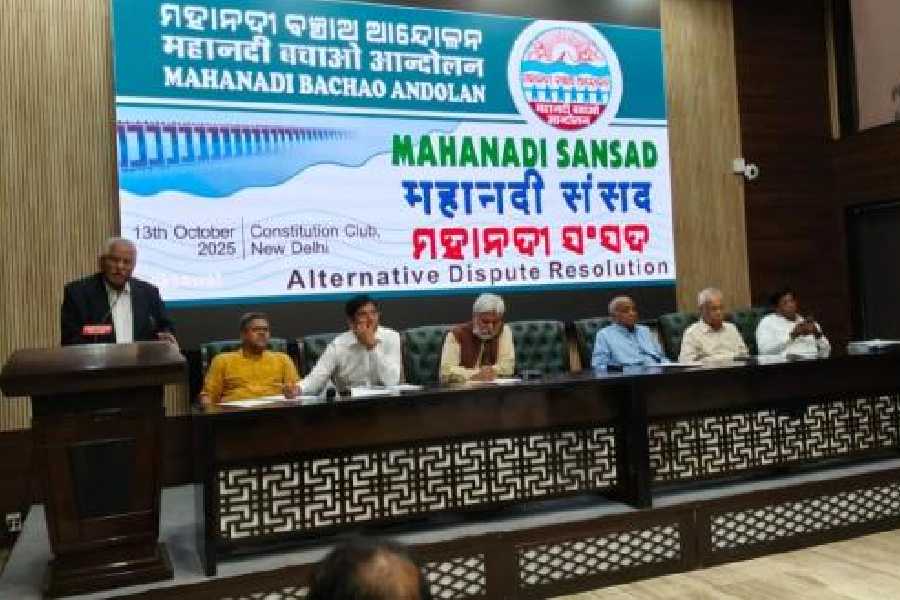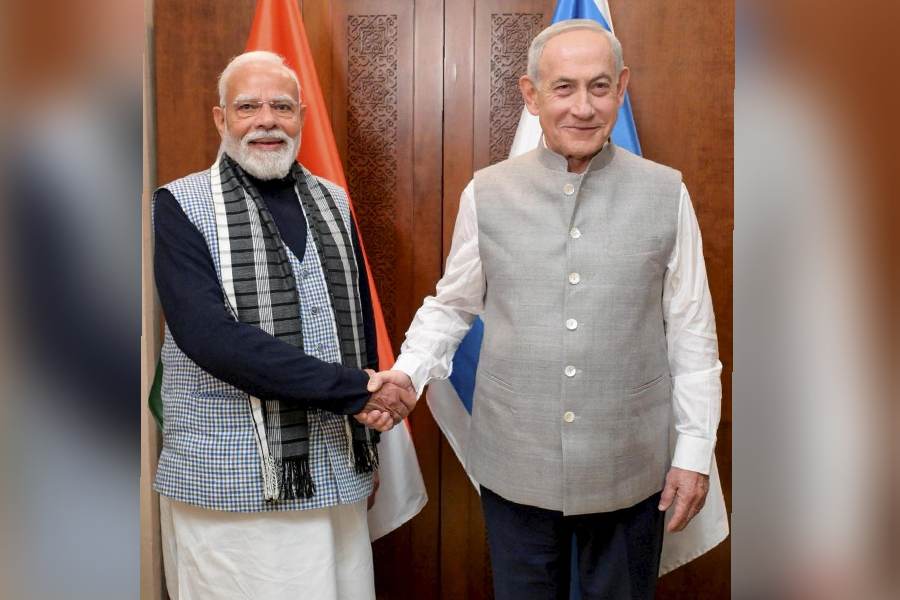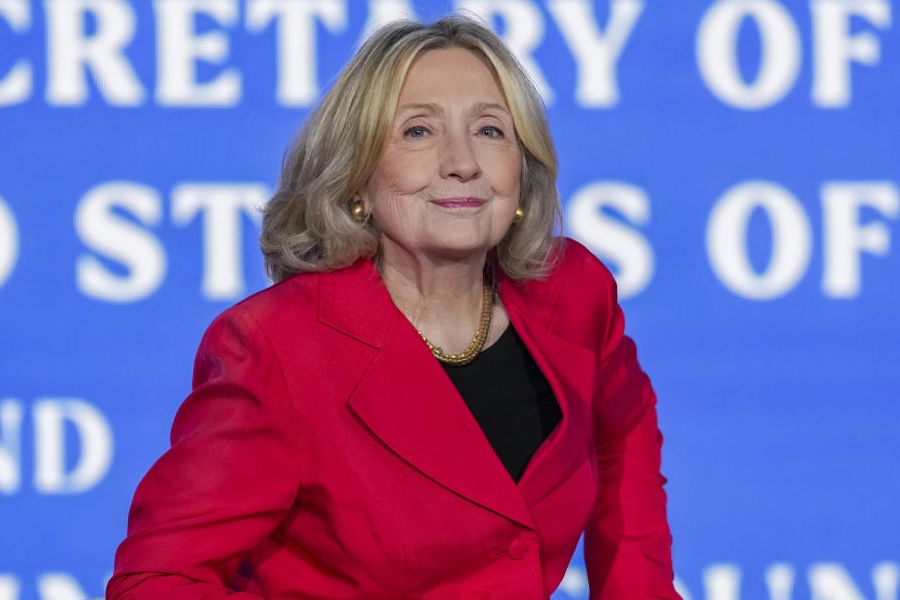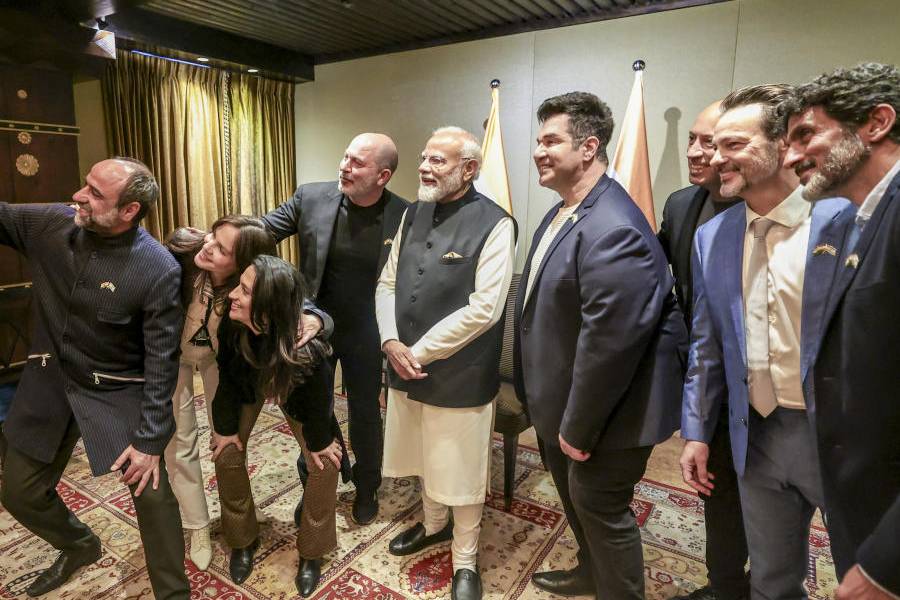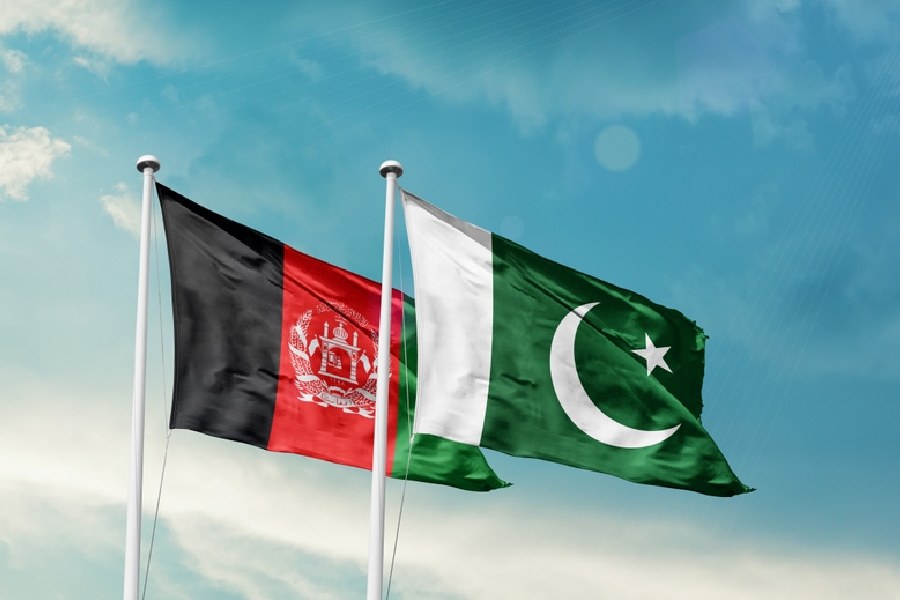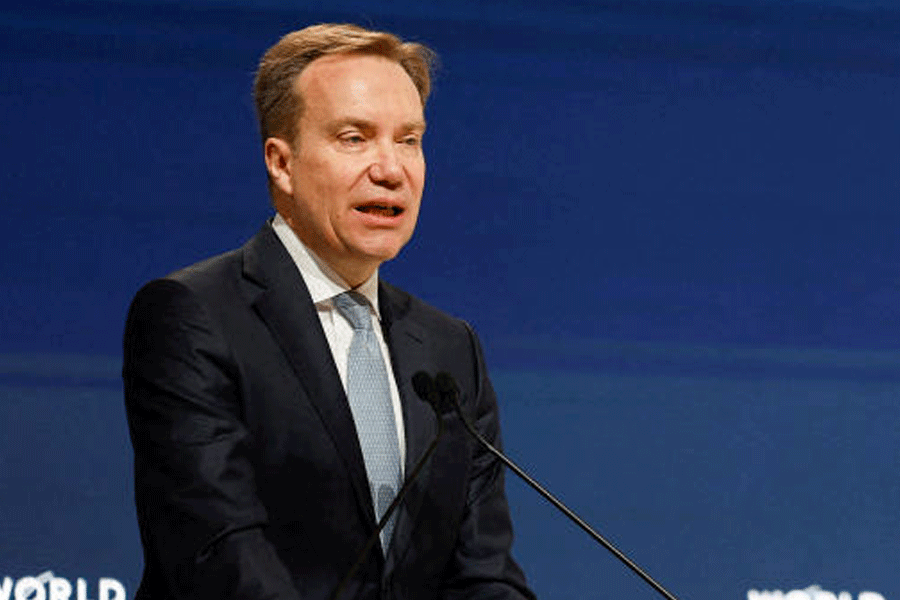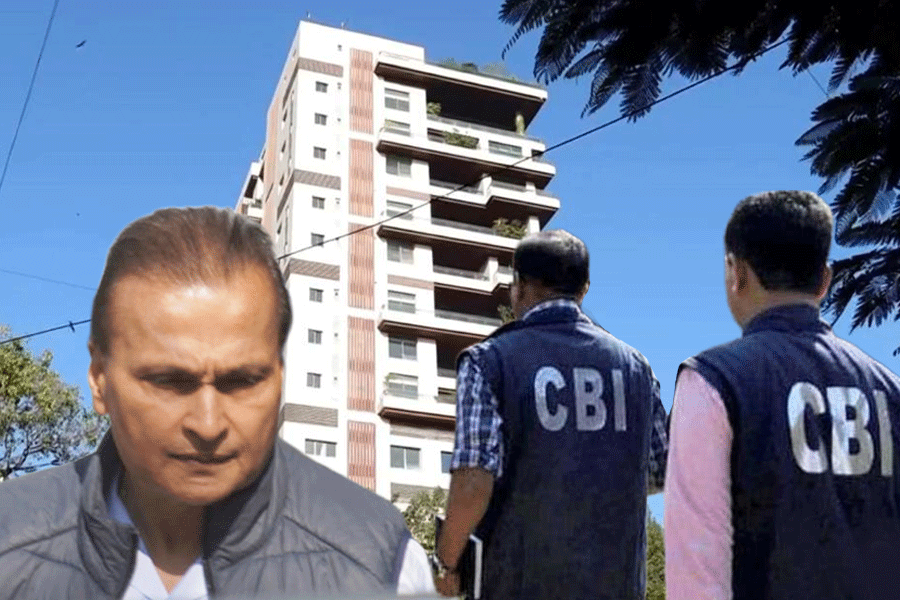Former Supreme Court judge and ex–chief justice of the Orissa High Court, Justice V.G. Gopala Gowda, on Monday said that mediation — not prolonged adjudication — offered the only viable path to resolve the ongoing Mahanadi water dispute between Odisha and Chhattisgarh.
“It could deliver a faster solution and prove mutually beneficial to all parties involved. The prime minister needs to intervene in the dispute and facilitate a mediation process rather than allow the matter to drag through tribunals,” Justice Gowda said.
He was speaking at the Mahanadi Sansad held at the Constitution Club in New Delhi, organised by the Mahanadi Bachao Andolan, a citizens’ movement that has long campaigned for the river’s protection and for riparian rights of communities dependent on it.
The meeting, convened to explore alternative dispute-resolution mechanisms, was attended by lawyers, lawmakers, policy experts, former administrators and civil-society representatives.
Justice Gowda noted that there had been “little progress” since the central government, under Supreme Court directions, constituted the Mahanadi Water Disputes Tribunal in March 2018. “Adjudication can carry on for years and decades, as seen in the Cauvery dispute and others,” he said. “A mediation route could lead to a faster and fairer solution.”
Pointing to the current political alignment between the two riparian states and the Union government, he said, “As both Odisha and Chhattisgarh are now governed by the same party — the BJP — the prospects of a mediation-led settlement are better than ever before.”
Justice Gowda also reminded that the tribunal, which has already received two extensions, is yet to reach any conclusion. “Its current term ends in April 2026. The Centre constituted the tribunal in 2018, but no resolution has emerged even after seven years,” he said.
According to him, officer-level discussions between the two states are currently underway, and their chief ministers are expected to meet in November. “When the two chief ministers meet, they should jointly propose a mediator,” he added.
Rajya Sabha MP and chairman of the Parliament’s Petitions Committee, N.D. Gupta, said the issue should not be seen merely as an inter-state water dispute. “The implications of the Mahanadi conflict are far wider and bear significant social and economic ramifications,” he said.
Sudarshan Das, convenor of the Mahanadi Bachao Andolan, said the Sansad resolved to pursue a multi-pronged strategy to safeguard the interests of millions in Odisha who depend on the river. “Negotiations must involve all stakeholders and not remain confined to government corridors,” he said.
At Monday’s meeting, the organisation also announced plans for a Mahanadi Yatra—a campaign covering the river’s entire course from its origin in Chhattisgarh to its confluence with the Bay of Bengal—to raise awareness on pollution, over-extraction and encroachment. River-rights activists from across India participated and pledged support.
The Mahanadi, which originates in Chhattisgarh, flows through Odisha before draining into the Bay of Bengal, serving as a lifeline to millions in the lower riparian state. The dispute between the two states erupted after Chhattisgarh began constructing multiple dams and barrages in the upper reaches between 2004 and 2016. Odisha contends that these structures violated environmental norms and drastically curtailed downstream water flow.

